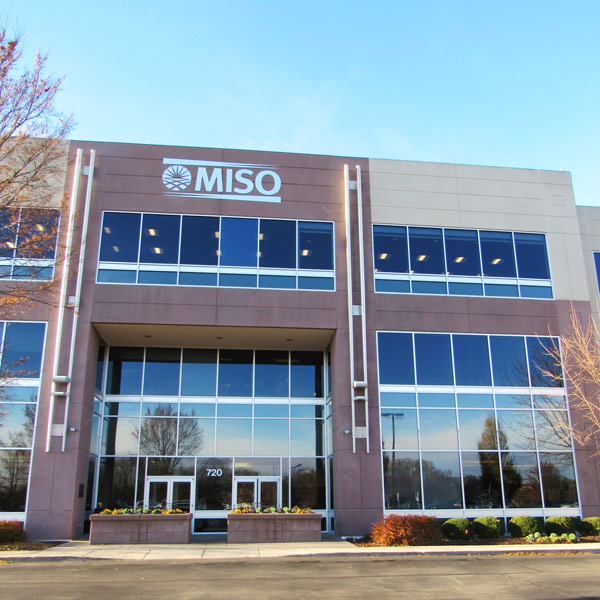MISO’s Advisory Committee has put the finishing touches on a revamp of the RTO’s stakeholder sector setup.
The AC said Wednesday that it will defer to MISO as the final arbiter over whether a new company or organization is entitled to join a certain sector. Members agreed that will prevent a sector from being able to veto an entity’s request to join.
The committee also laid out a challenging process for creating a new sector beyond the existing 11 sectors.
Members said creation of a new sector should be a “last resort,” requiring a written purpose and more than 10 prospective members with documented evidence of active participation in stakeholder meetings. The AC must then recommend the new sector that the Board of Directors would vote on before MISO files tariff changes with FERC.
When some members said the requirements for forming a new sector might not be specific enough, AC Chair Audrey Penner said the vagueness was deliberate so requests for new sectors can be decided on a case-by-case basis.
“I thought of this more as a guideline than something that is hard-coded … enough so that separate circumstances can be considered,” Penner said.
MISO has also posted a new guide that prospective members can review to get a clearer idea of requirements before joining.
“Obviously someone new would not understand totally what the sectors are … so we hope they will reach out to MISO,” AC liaison Bob Kuzman said.
Affiliate Sector not Pleased with Voting Rights
The AC also decided the 11th and newest sector — the Affiliate Sector — should have one vote apiece on the Advisory and Planning Advisory committees. (See MISO Members Back Voting Rights for New Sector.) The AC will direct MISO’s legal team to incorporate the changes into the tariff with Board approval.
The Affiliate Sector currently can’t cast votes, though it can offer opinions during discussions with the Board at the AC’s quarterly meetings.
FERC last year ruled that MISO could rely on the Affiliate Sector as a catch-all for difficult-to-define members only on a temporary basis because it had not developed a meaningful way for the new sector to participate in RTO matters. (See New MISO Sector Gets FERC OK — with a Catch.)
The non-member Affiliate Sector contains North Dakota coal lobbying group Lignite Energy Council, coal trade organization America’s Power, chambers of commerce and several mining organizations. It also contains conservative lobbying group Center of the American Experiment and sustainability and conservation trade association Minnesota Forest Industries.
Lignite Energy Council’s Jonathan Fortner, also Affiliate Sector chair, said it was unfair that the four other stakeholder sectors that aren’t subject to MISO membership dues — the State Regulatory Authorities, Public Consumer Advocates, Environmental and Affiliate sectors — are imbalanced in their voting rights. The Regulatory sector is represented by four seats on the AC with a 16% weight in voting matters — the most of any sector — while the Public Consumer Advocates and Environmental sectors each hold two seats apiece at an 8% weight.
Fortner has called for a “level playing field between similarly situated stakeholder sectors” and an “equal number of votes and voices at the table in order to advocate for [sector] interests because there will be challenging votes on the AC board in the near future.” He said the AC’s recommended voting approach could have potential legal concerns and could be “inconsistent with the Federal Power Act.”





